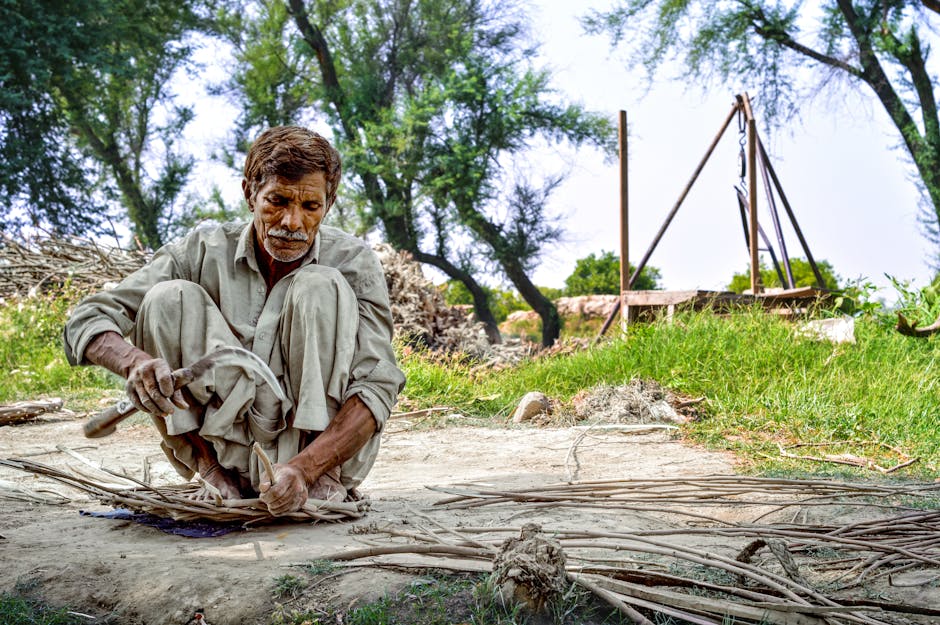Why should survival skills be taught in school?

Why should survival skills be taught in school?
Table of Contents
1. Introduction
2. The Importance of Teaching Survival Skills in School
– Enhancing Critical Thinking
– Promoting Resilience
– Fostering Independence
3. Real-Life Applications of Survival Skills
– Natural Disasters
– Outdoor Activities
– Everyday Emergencies
4. Statistics on the Need for Survival Skills
5. Conclusion
The Importance of Teaching Survival Skills in School
In today’s fast-paced world, the ability to navigate unexpected challenges and emergencies is more crucial than ever. By incorporating survival skills into the school curriculum, students can develop essential life skills that will benefit them in various situations.
Enhancing Critical Thinking
– Teaches students to think quickly and make decisions under pressure
– Encourages problem-solving and adaptability in unpredictable scenarios
Promoting Resilience
– Builds confidence and self-reliance in students
– Helps them cope with stress and adversity effectively
Fostering Independence
– Equips students with practical knowledge to handle emergencies on their own
– Prepares them for real-world situations where help may not be readily available
Real-Life Applications of Survival Skills
Natural Disasters
– Knowing how to create a shelter, find food and water, and administer basic first aid can be life-saving during natural disasters such as hurricanes, earthquakes, or wildfires.
Outdoor Activities
– Understanding navigation, building a fire, and identifying edible plants are essential skills for outdoor enthusiasts like hikers, campers, and backpackers.
Everyday Emergencies
– Basic first aid, CPR, and fire safety training can help individuals respond effectively to common emergencies in their daily lives.
Statistics on the Need for Survival Skills
– According to the American Red Cross, 54% of Americans are not adequately prepared for disasters.
– The Centers for Disease Control and Prevention reports that only 46% of Americans have an emergency kit at home.
Conclusion
Incorporating survival skills into the school curriculum is essential for preparing students to handle unexpected challenges and emergencies effectively. By teaching critical thinking, promoting resilience, and fostering independence, schools can empower students to navigate real-world situations with confidence and competence.